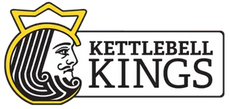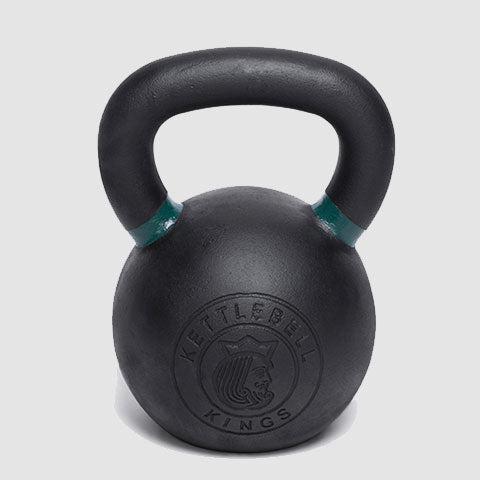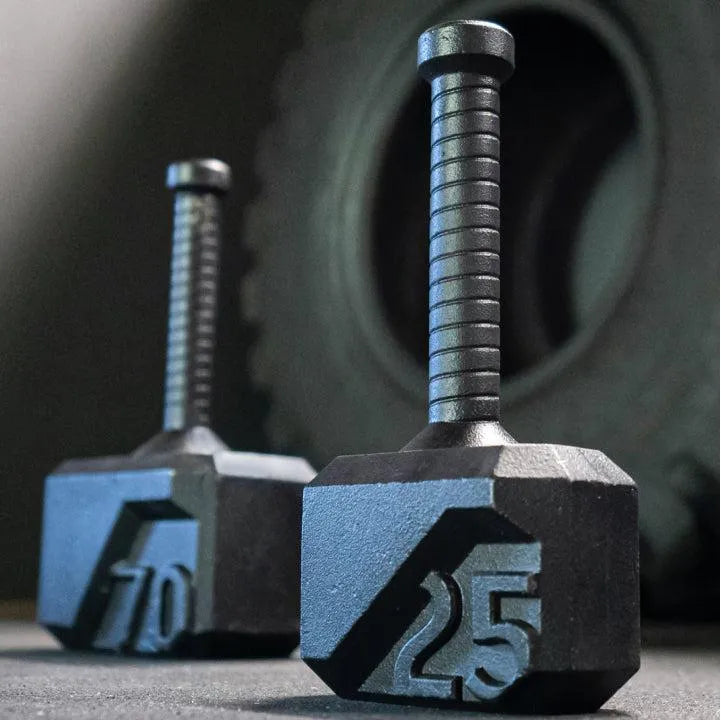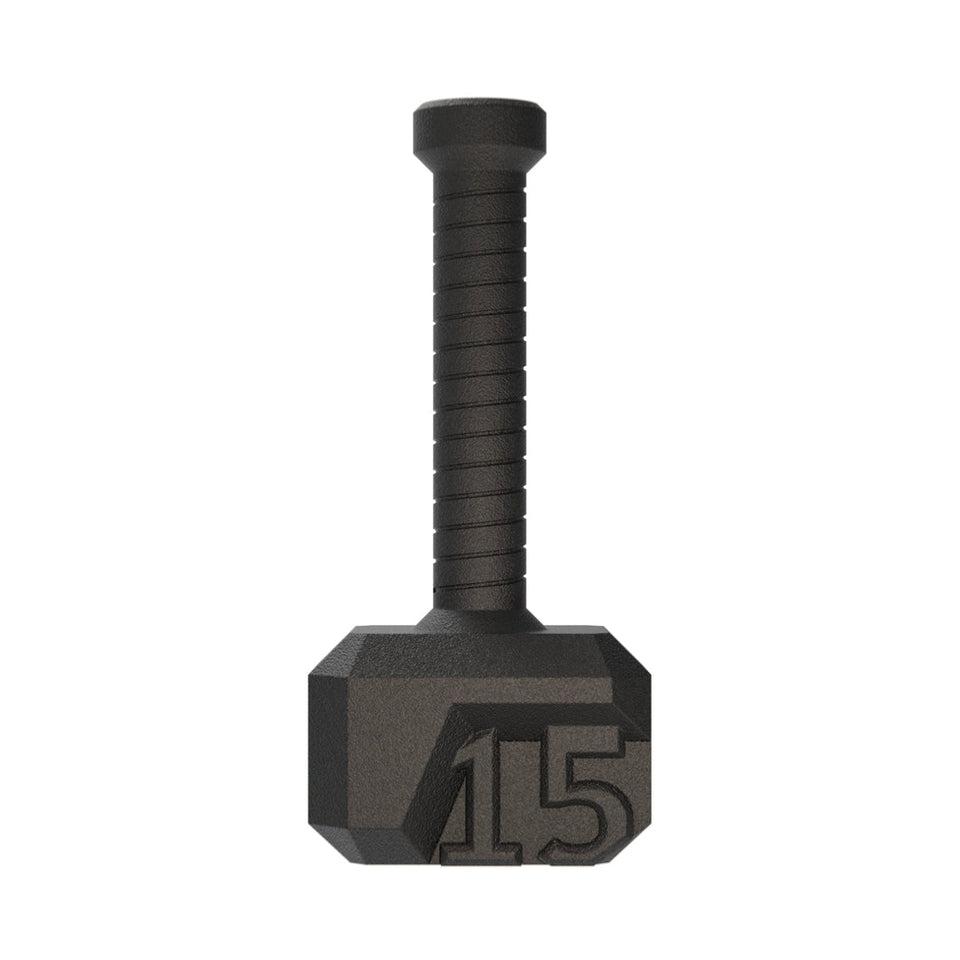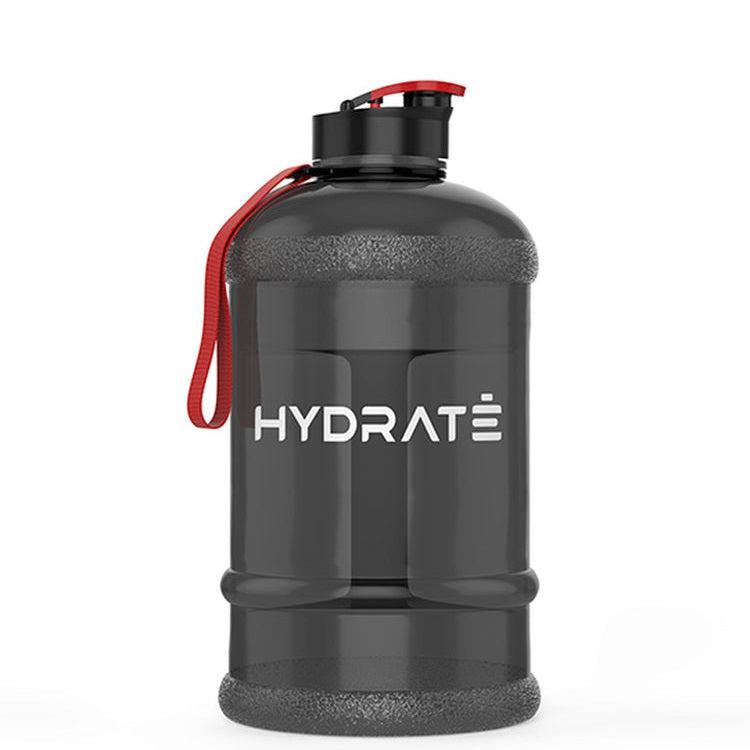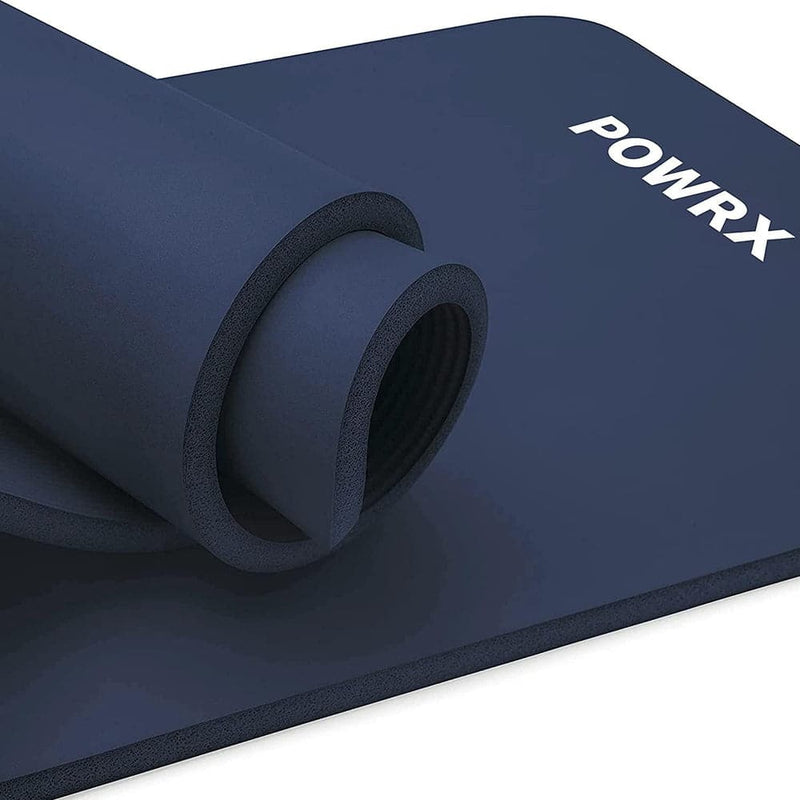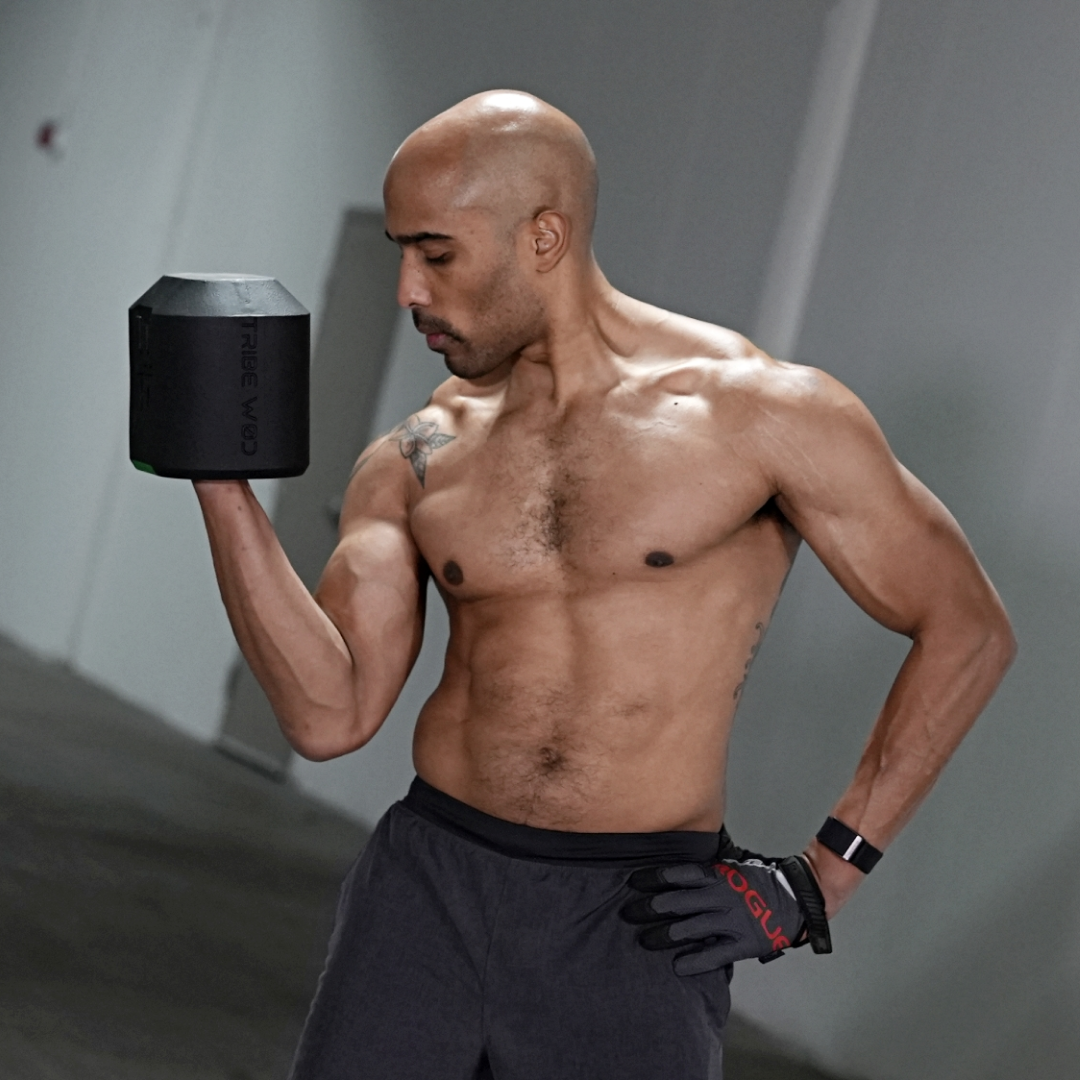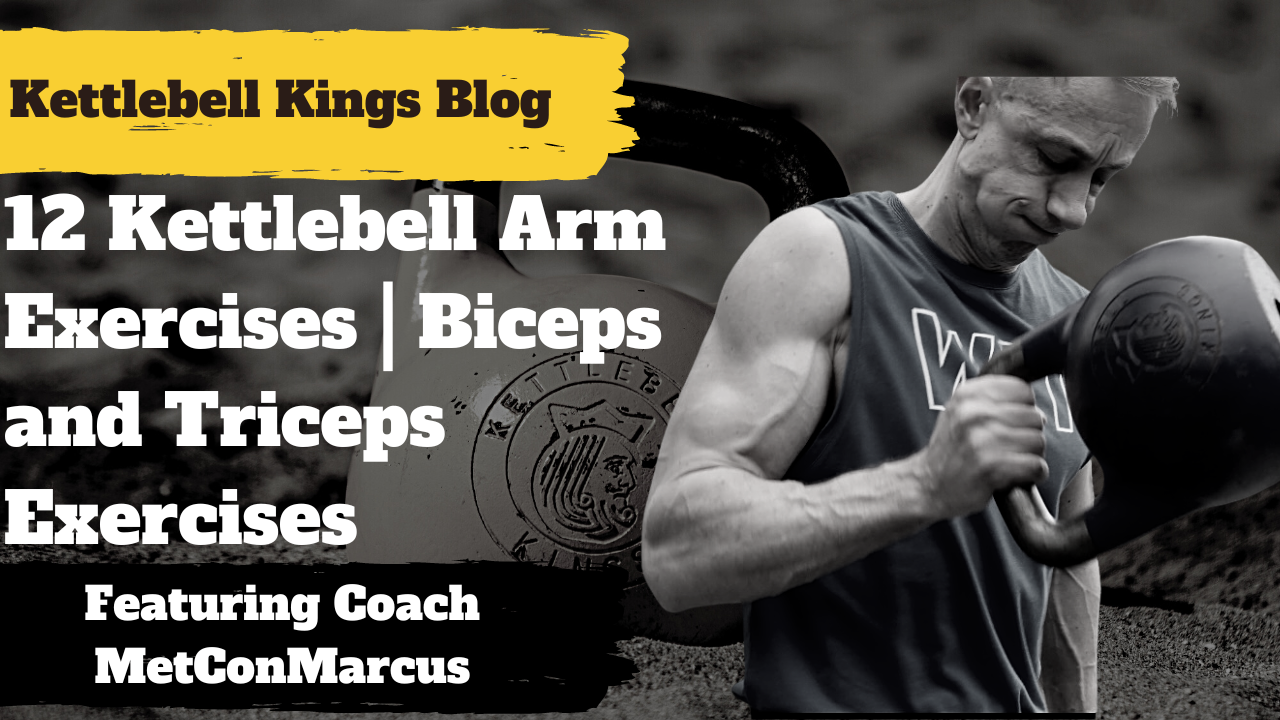Hallie Kazda, Kettlebell Mama | Author Profile
Introduction
I don’t think I knew what true strength felt like until I was birthing my son 6 months ago. It was the most challenging thing I have ever experienced, yet I felt empowered as I gave birth. And you can too.
As a first time mom I expected my early labor to last a long time and it did. The mental and physical stamina that was required truly drained me of my last drop of energy. Throughout the three days of intensifying surges and growing pelvic pressure, I was able to maintain control of my breathing and I was able to bring myself back into my parasympathetic nervous system between each surge.
Even though I had never done it before, my body knew exactly what to do. I could rely on my instincts and my training; my mind and body were prepared for a strong birthing experience.
The anatomical knowledge, training techniques, and in-depth information that I utilized throughout my prenatal training all helped me to create the strongest and most resilient home for my growing baby. My training established a solid foundation of full-body strength, reduced common pregnancy pains, released tension in my pelvic floor, and helped me adapt to the shift in my center of gravity as my baby grew during the 40 weeks of my pregnancy.
How to incorporate strength training into your birth plan
Combining my Kettlebell Strength expertise with Pronatal Fitness training methodology was pivotal in birthing my son without any medications or interventions. And I am a better person, woman, and coach because of my pregnancy and birth experience.
Even if you plan to use an epidural or have a cesarean birth, you can benefit from strength training during your pregnancy.
Here’s my best advice for any new parents-to-be out there who want to begin incorporating a strength training program into their birth plan:
- Consult with your OB-GYN or Midwife team to ensure that you are considered a low-risk pregnancy or that you do not have any concerning contraindications
- Create a written description of what your ideal birth would feel like and start putting together a birth team that can help assist you in your endeavor. For example, you can:
- work with a prenatal certified strength coach
- find a doula that is familiar with the benefits of strength training and will advocate for you during labor
- and talk with your doctor or midwife about your ideal birth plan and what type of language you want to use surrounding your birth
- Purchase at least 4 kettlebells that you can use throughout your prenatal training and postpartum recovery
- It will be helpful to have various loads and sizes
- For most pregnant people, I’d recommend starting at 8kg and going up to 32kg or heavier, depending upon your strength training history and experience
- Learn and master the foundational movements that you will use as a new parent in everyday life and start strengthening your movement patterns now
- These include variations on: the squat, the hinge, the carry, the get up, vertical and horizontal push/pull patterns, and anti-rotation/anti-extension exercises
- Design and implement a training program that balances strength, mobility, power, stability, and breathing techniques to optimize your pregnancy and birth
- If you are not able to do this on your own, no problem! You can hire a coach to design a program that is customized to your specific needs and birth goals
- Find a way to hold yourself accountable to your training
- whether you train with a coach, find a pregnant workout buddy, or follow an online program, you need to make sure that there is some sort of accountability system in place to help you succeed
- Pregnancy can be challenging on us physically, mentally, and emotionally so know that there might be moments where you feel like rest is the best option and that is ok
- Strength training during pregnancy should feel empowering and good on your body, so try to find movement that feels good for you and your growing baby (for me this was kettlebell and mobility training combined with breathing techniques in a very specific way)
- Celebrate your wins, no matter how small they may seem
- One day you might only have the energy to workout for 15 minutes, especially if you are experiencing extreme morning sickness like I did, and that is still a win
- Even a small amount of movement during the day can result in great benefits for you and your baby, so keep at it and know that you are doing the best you can
- Take a birthing class that focuses on incorporating breathwork and mind-body connection techniques to help facilitate proper use of your diaphragm during labor, which will promote a calm birthing experience; for example,I loved the Hypnobirthing course my husband and I took
- And last but not least, be prepared for others to express their fear based concerns. Here are science based facts to support your choices and counter any outdated beliefs:
- It has been proven, over and over again, that strength training during all stages of pregnancy benefits the pregnant person and their baby long term
- You can refer anyone to these facts from ACOG’s website (“Physical Activity and Exercise During Pregnancy and the Postpartum Period”):
- women with uncomplicated pregnancies should be encouraged to engage in aerobic and strength-conditioning exercises before, during, and after pregnancy
- physical activity and exercise in pregnancy are associated with minimal risks and have been shown to benefit most women, although some modification to exercise routines may be necessary because of normal anatomic and physiologic changes and fetal requirements
- exercise during pregnancy has shown benefits such as decreased gestational diabetes mellitus, cesarean birth and operative vaginal delivery, and postpartum recovery time
- physical activity also can be an essential factor in the prevention of depressive disorders of women in the postpartum period
- vigorous-intensity exercise completed into the third trimester appears to be safe for most healthy pregnancies
Not only can you start training for birth while you are pregnant, but you can also set it as a long-term goal if you are planning to conceive within the next few years. You will benefit greatly from developing a solid foundation of functional strength and in my opinion, that is easiest and most effective with kettlebells.
Conclusion
I want every pregnant person and new parent to feel empowered. That is my goal as a kettlebell coach who has experienced the numerous benefits that strength training can have on pregnancy and birth firsthand.
I know what is possible for you and your baby: a strong pregnancy and an even stronger birth that feels empowering, connected, and calm all at the same time.
To schedule a complimentary consultation with me, click here:
Subscribe to my youtube channel here:
And connect with me on Instagram here:
